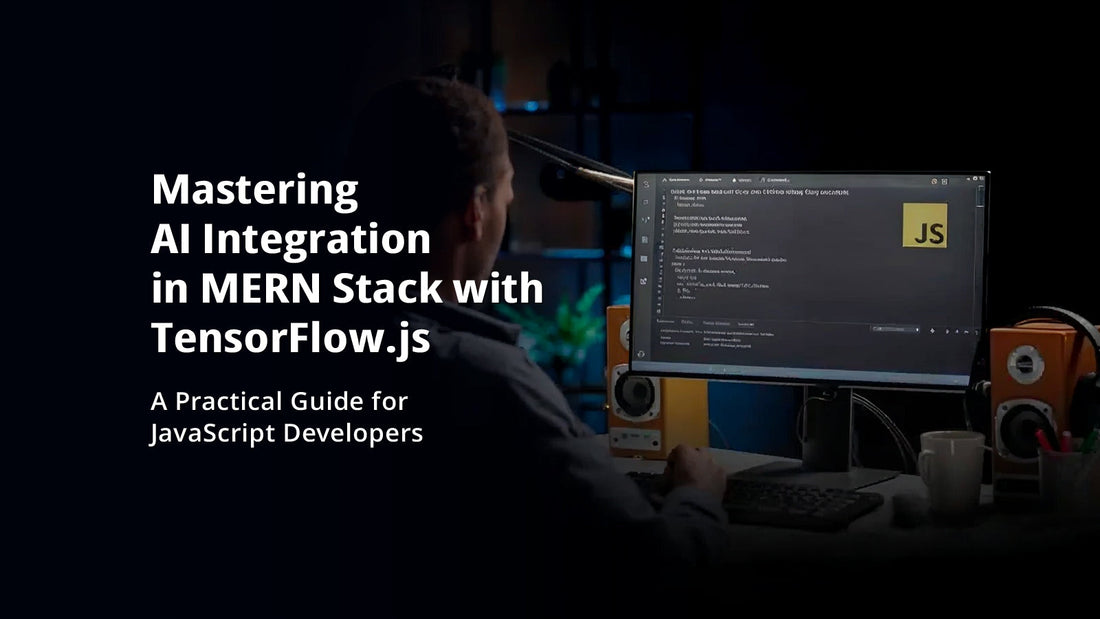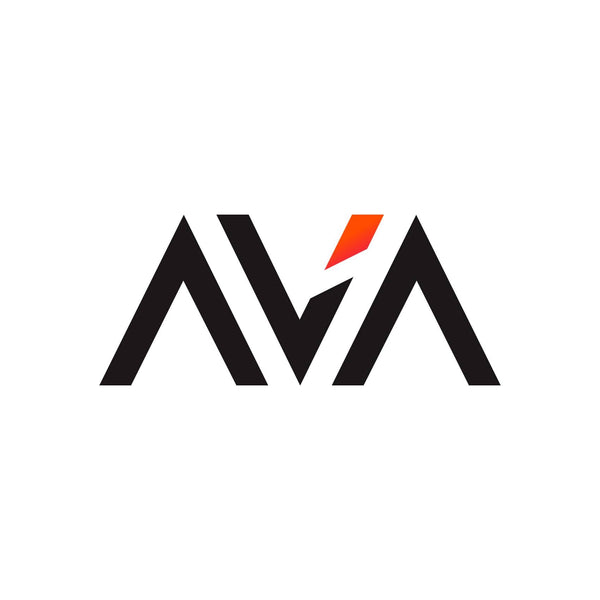
Mastering AI Integration in MERN Stack with TensorFlow.js: A Practical Guide for JavaScript Developers
Share
As the landscape of web development evolves, the convergence of artificial intelligence (AI) and robust web frameworks opens up unprecedented possibilities. My book, "Mastering AI App Development with MERN Stack," was born from the belief that AI should be accessible to every JavaScript developer, not just data scientists. In this post, I’ll share practical insights and actionable steps you can take to bring AI directly into your MERN (MongoDB, Express.js, React, Node.js) stack projects using TensorFlow.js.
Why AI + JavaScript?
Traditionally, AI development has been bound to languages like Python. However, with the rise of TensorFlow.js, JavaScript developers can now train and deploy machine learning models entirely within Node.js or the browser. This empowers full-stack teams to add intelligent features—such as chatbots, image recognition, and recommendations—without managing a fragmented tech stack.
Getting Started: Building Smarter Web Apps
Let’s break down a beginner-friendly approach to integrating AI into your existing MERN applications:
1. Set Up Your Stack with AI in Mind
Begin with a standard MERN boilerplate. Once your basic app skeleton is up, add TensorFlow.js as a dependency:
npm install @tensorflow/tfjs
This single step brings powerful AI capabilities into any Node.js or React workflow.
2. Explore Simple Use Cases
Start small: consider integrating features like image classification or sentiment analysis. For example, if you’re building a comment moderation tool, you could leverage a pre-trained sentiment analysis model to flag toxic comments in real-time.
import * as tf from '@tensorflow/tfjs';
import * as toxicity from '@tensorflow-models/toxicity';
// Load the model
const threshold = 0.9;
toxicity.load(threshold).then(model => {
model.classify(['I love this book!']).then(predictions => {
console.log(predictions);
});
});
This snippet can be used in a React app to flag comments without server round-trips.
3. Bridge Database with AI
MongoDB isn't just a data store—it allows for storing annotated data or user feedback that can be used to improve or retrain models. For instance, you could log user corrections on AI-generated tags and later refine your TensorFlow.js models locally.
4. Secure, Deploy, and Iterate
Integrating AI doesn’t need to slow your web app. TensorFlow.js runs models efficiently in-browser or on Node.js servers, ensuring user data never leaves your ecosystem. Use Express.js middleware to call AI predictions before data hits your core application logic:
app.post('/api/classify', async (req, res) => {
const { text } = req.body;
const prediction = await model.classify([text]);
res.json({ prediction });
});
Keep tweaking your models based on real-world user data—AI development is inherently iterative.
Best Practices for AI-Enabled MERN Apps
-
Start with Pretrained Models: TensorFlow.js offers a suite of ready-to-use models, saving you from the complexity of training from scratch.
-
Optimize for Performance: Run lightweight models in the browser; for heavy lifting, offload computations to Node.js on the server.
-
Prioritize User Privacy: In-browser inference ensures sensitive data remains on the client side.
-
Stay Curious: The world of AI is rapidly evolving—frequent updates and new models are released regularly.
Lessons Learned
Writing "Mastering AI App Development with MERN Stack" taught me that the biggest barrier for JavaScript developers is often confidence, not capability. By starting with practical use cases, leveraging open-source models, and embracing the iterative nature of AI, anyone can build intelligent applications.
Final Word
Don't wait for the perfect moment or deep expertise—experiment with adding small doses of intelligence to your next MERN project. As you bridge the gap between AI and full-stack development, you’ll future-proof your skills and deliver smarter, more valuable web applications to your users.
To dive deeper, discover hands-on examples, and see full projects, check out "Mastering AI App Development with MERN Stack"—your comprehensive roadmap to building the next generation of intelligent web apps.
📘 About the Author
Anik Acharjee is a seasoned technology professional with over 9 years of experience in software development. He specializes in building intelligent MERN Stack applications integrated with AI frameworks. With a strong foundation in Computer Science and Engineering, Anik has served in various roles including software developer, technical lead, and consultant. His passion for innovation is reflected in his projects across web, mobile, and AI-powered solutions.
He is also the author of Learn Web Technologies From Scratch and Mastering AI App Development with MERN Stack, which provide practical insights for modern developers.
